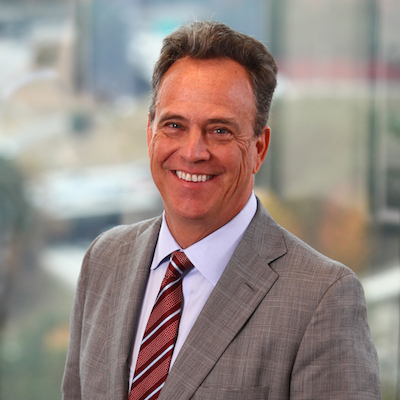A New Age in ADR
Thu, Jan 16th, 2020 | by Miles Mediation and Arbitration | Article | Social Share
By John K. Miles, Jr., Esq.

My grandfather was a great man. In his law office, he had a framed copy of the oath that was administered to those wishing to become citizens of ancient Athens. That oath concludes with this line, “Thus, in all these ways, we will transmit this City not only, not less, but greater and more beautiful than it was transmitted to us.” My grandfather devoted his life to improving his community and the lives of those he encountered. His example was what inspired me to become a lawyer.
I began my career as a litigator because I believed that was the best way to help people through challenging circumstances; however, over time, I became convinced that there had to be a better way for people to resolve their disputes. In 1998 I participated in my first mediation and experienced the transformative power of ADR. In 2000 I became a full-time neutral.
The past two decades have seen ADR gain greater acceptance and become a true alternative to traditional litigation. At Miles, we have seen exponential growth over the past three years. This rapid growth has led me to conclude that this new decade will see ADR replace traditional litigation as the preferred method of dispute resolution. To appropriately accommodate this future, neutrals and ADR firms must reimagine the sphere of ADR. We must make the investments and changes necessary to transition people from an impersonal and cumbersome process that often takes on a life of its own to an efficient process that empowers the individual.
The future of ADR depends on the right type of neutral. For too long, the vast majority of neutrals have all fit the same mold. Many see ADR as a part-time commitment. A more diverse populace and bar deserve a new breed of experienced, energetic, passionate, and diverse neutrals– neutrals who don’t see ADR as something to do in their spare time or when they retire. This new generation of neutral will be passionate and committed to making ADR their full-time calling. ADR can be an intensely personal experience, particularly for the aggrieved party. Participants must have the option of working with a neutral that he or she trusts and can relate to. It is equally crucial that neutrals have expert knowledge and experience. The past decade saw a significant change in the fields of technology, commerce, and industry. The new decade will inevitably see more change and development as our world becomes more sophisticated and specialized. As such, future disputes will require the attention of knowledgable neutrals.
Since ADR will become the preferred method of dispute resolution, the environment where ADR occurs must differ from the places where traditional litigation occurred. To be sure, ADR facilities will need to be professional and functional– this is necessary and fitting given the weighty matters to be addressed. However, since ADR is, at its essence, a process that empowers people to take control of their dispute, the environment must be welcoming, comfortable, and inclusive. Every detail must be designed to set the stage for constructive communication and problem-solving.
The future is now, and the opportunity for service to a world in conflict awaits.
ABOUT JOHN MILES

John Miles is the CEO of Miles Mediation & Arbitration. In addition to his executive duties, he mediates high-value and complex matters, on request at a per diem rate. He oversees neutral training and development at Miles.

